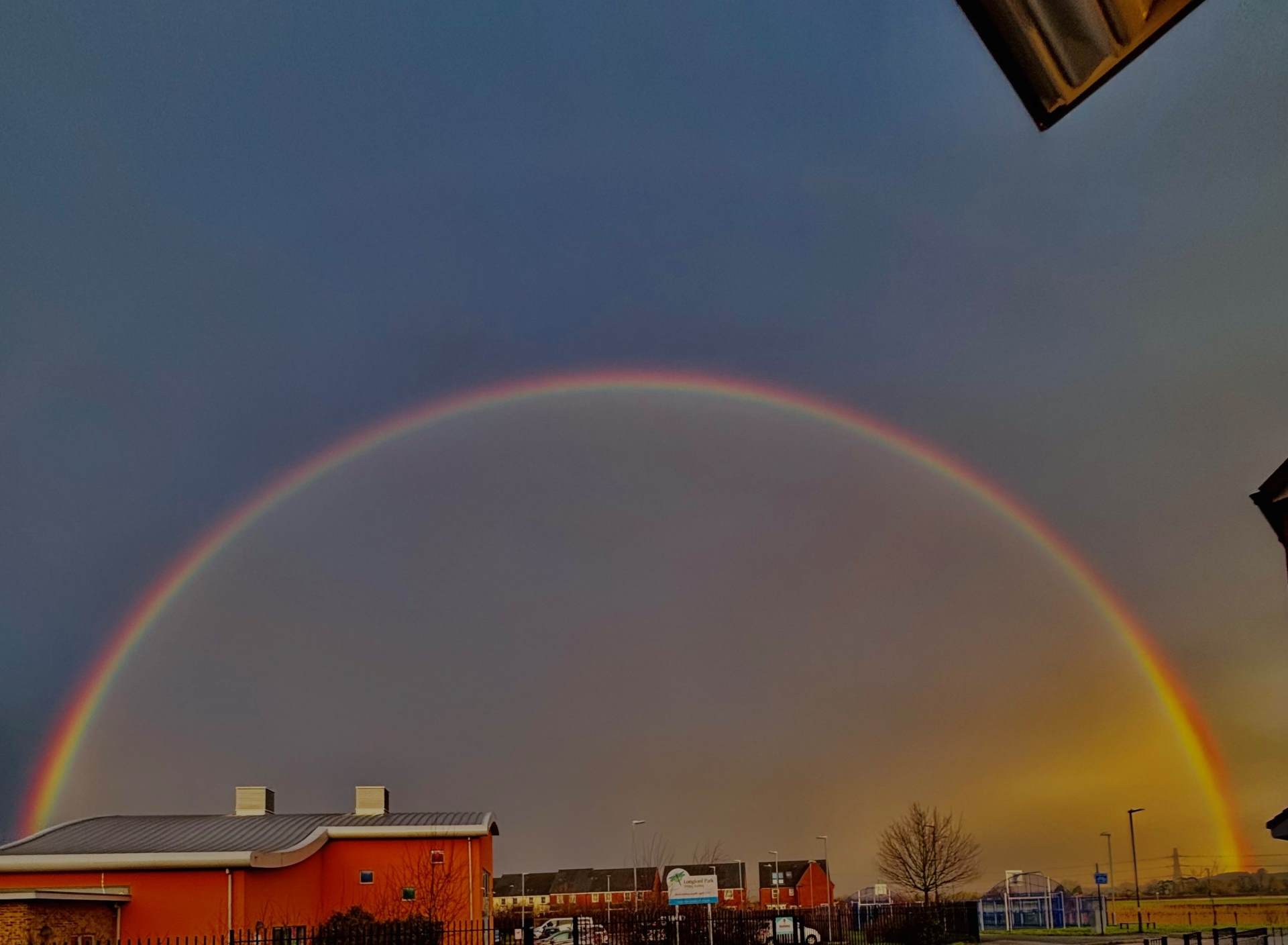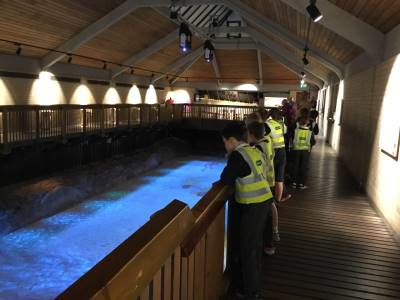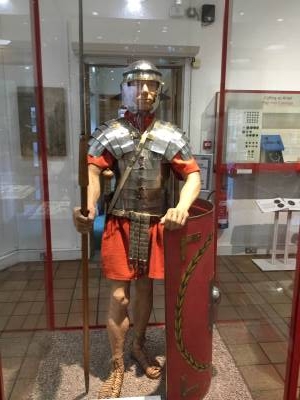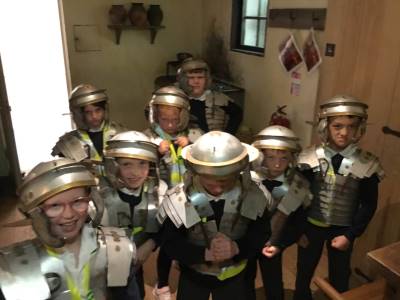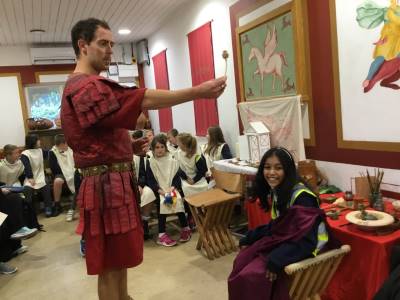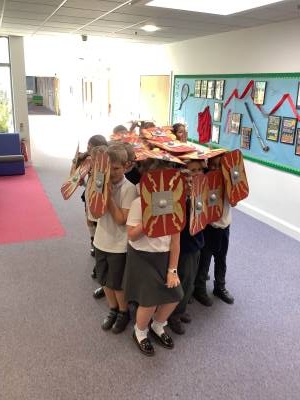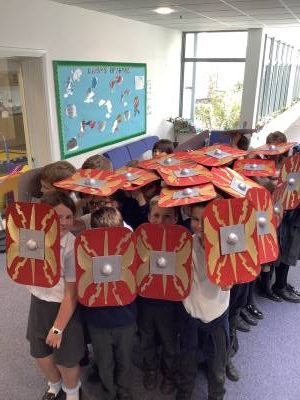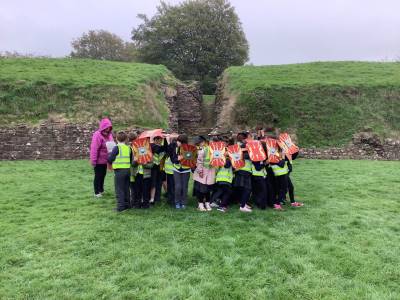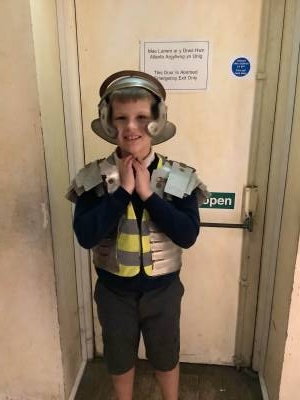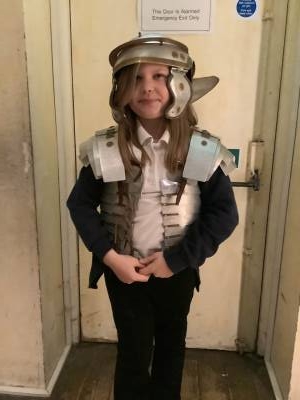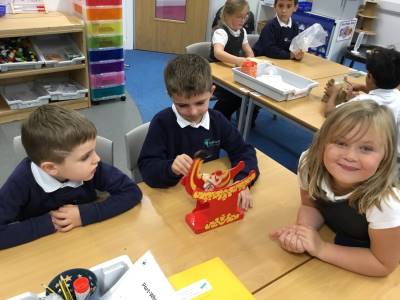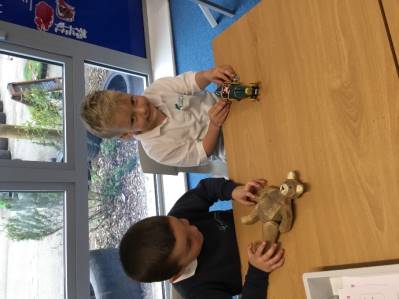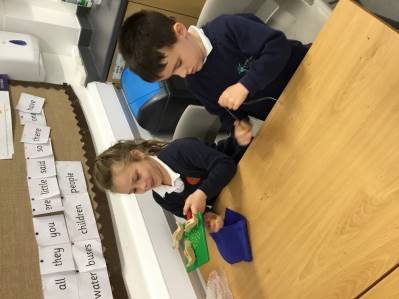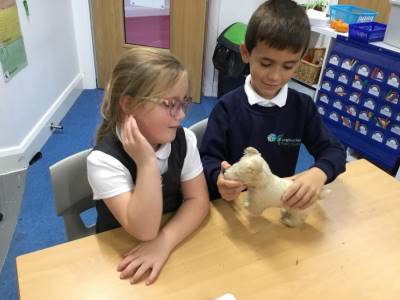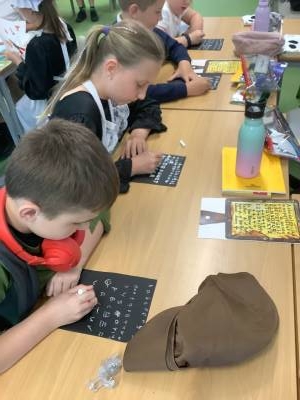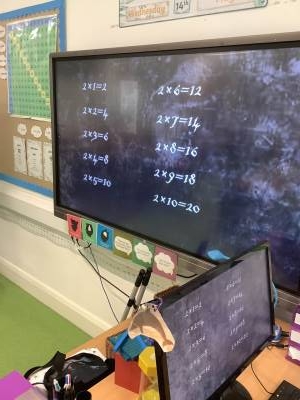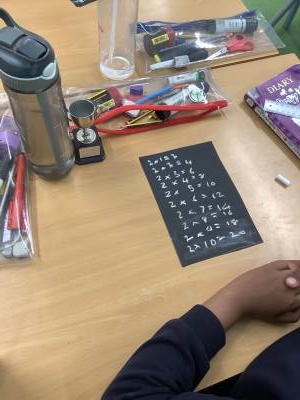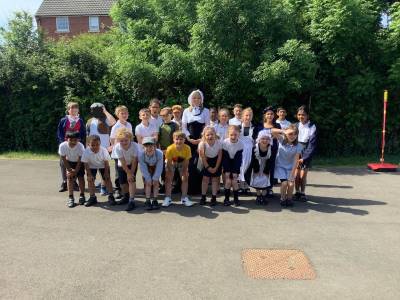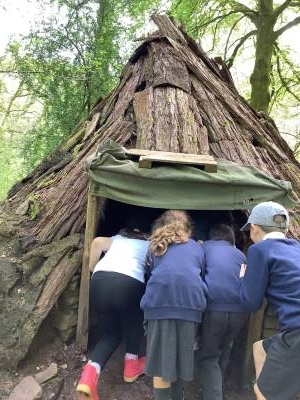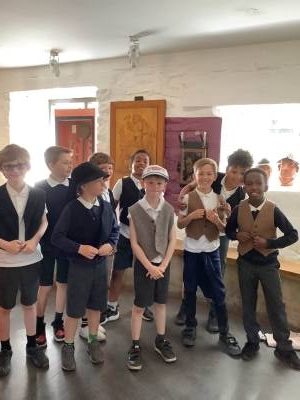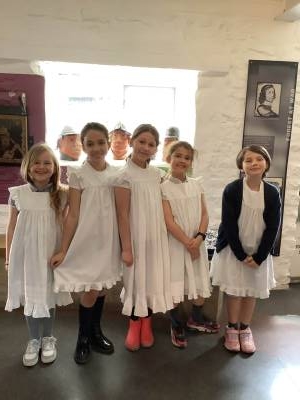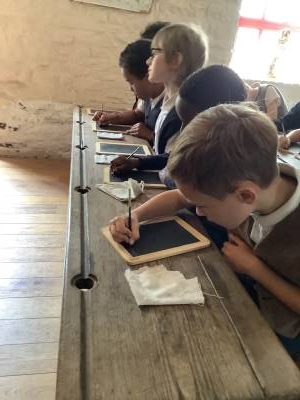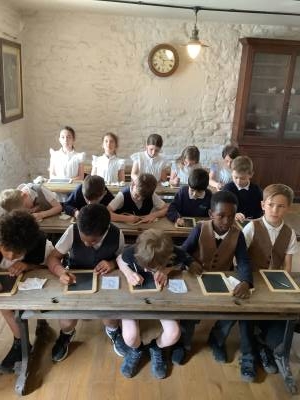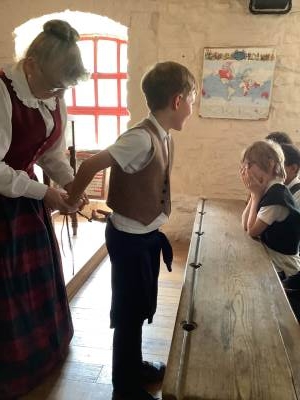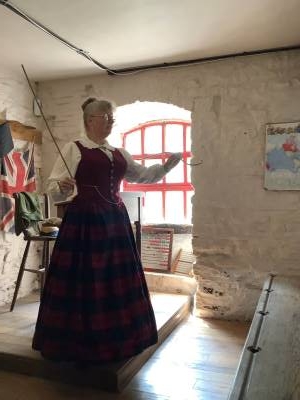History at Longford
History
History has the power to reveal who we are, remind us of where we've been, and guide us towards what we might become.
We believe that all children should 'Fly High', having high aspirations gained from inspirational, significant individuals who have impacted history and our lives today. Every child at Longford Park can draw inspiration from figures throughout our history curriculum. This supports children to gain historical understanding and develop their own sense of belonging in the world today.
Knowledge is rooted through chronological understanding of periods of time. This knowledge spans beyond dates and facts, but to the understanding of historical concepts, such as the consequence of events and the similarities and differences between now and then. Through enriching experiences such as re-enactment, studying history in situ, visiting museums and studying artefacts through our loan service, we can bring this knowledge to life.
We don’t shy away from the difficult conversations, which history can provoke. It is important to both celebrate the past, but also learn from it. Children will be able to debate their views with confidence and empathy, by rooting their discussions in sound factual knowledge and key historical vocabulary.
History in the Early Years
In Reception, as part of ‘Understanding the World’, the children will focus on their own memories as a child. They will talk about the lives of people around them and their roles in society. The children will learn some similarities and differences between things in the past and the present, drawing on their own experiences. They will also learn about the past through sharing stories.
History in Key Stage 1 (Years 1 and 2)
In year 1 and 2 our history curriculum ensures children are taught about changes within living memory and beyond living memory, including how toys have changed over time and what their local area was like in the past. The children are taught about many influential significant individuals who have demonstrated our values of ‘Flying High’, including engineers, explorers, and activists. We ensure children understand the concept of cause and consequence recognising what these individuals did and how they changed the world. We hope the children will aspire to be like them!
The children develop their understanding of chronology, continuity and change, cause and consequence, similarity and difference and significance throughout these units of learning.
History in Key Stage 2 (Years 3, 4, 5 and 6)
In KS2, our History Curriculum takes children through a journey of time different time periods. Through these different periods of time, children will develop understanding of historical concepts:
· Chronological understanding, for example through learning about where the Stone Age, Bronze Age and Iron Age fit within history.
· Continuity and change, for example through exploring ways in which the local community has changed and stayed the same over time in a local history case study.
· Cause and consequence, for example understanding the cause of the Great Fire of London and the consequences that this had.
· Similarity and difference, for example through learning about the similarities and differences between Ancient Civilisations.
· Significance, for example through understanding the significance of Boudicca.
We ensure children recognise the significance of people who lived in that time as well as the important work of historians, and how they changed our understanding of the past. Children will aspire to be historians.
National Curriculum
Our History Curriculum is based on the National Curriculum. We have carefully mapped the history curriculum so that it is progressive and children build upon their learning. Unit guides support teaching with core knowledge, disciplinary knowledge and vocabulary clearly defined.
Curriculum Documents
Discover more about our History Curriculum at Longford Park Primary Academy from the documents links below:
gla geog and history overview 25 26 1 .pdf

